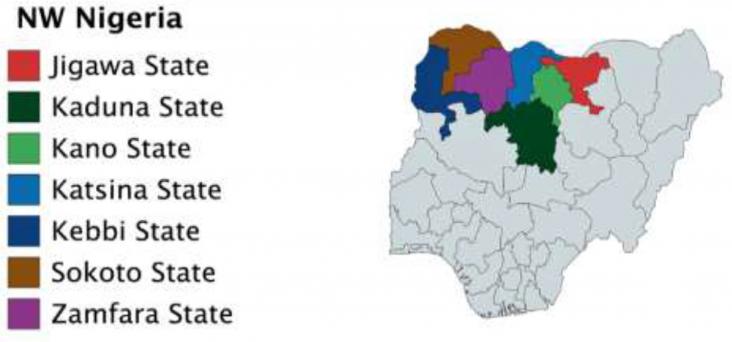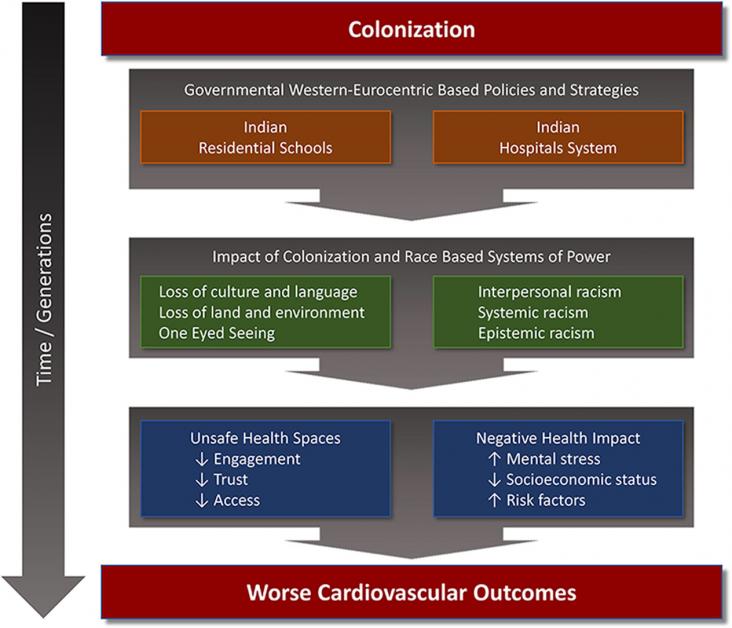This chapter advances Goals 7, 16, and 10 by applying an energy justice framework and some concepts from political ecology to identify the distribution of injustices in the lithium global production network. The authors argue that power asymmetries are significant and that more inclusive decision-making processes are needed for the transition to electro-mobility to be compatible with sustainable development and social justice.
This Research Paper supports SDGs 5 and 10 by applying a decision-tree approach to identify subgroups of women at increased risk of IPV across 48 LMICs and to subsequently help design targeted interventions, and by suggesting the need for population-wide approaches in parallel for a large proportion of women with no identifiable risk factors.

The data in this article investigated the extent of human rights awareness in the seven States comprising the Northwest geopolitical zone of Nigeria and its relationship with the characteristics of th
Purpose: The purpose of this study was to explore male nurses’ experiences of workplace gender discrimination and sexual harassment in South Korea.

Colonization and enforced genocidal strategies have collectively fractured and changed Indigenous people by attempting to erase and dismiss their voices and knowledge.

Roaa Al Feel, an early-career researcher, discusses her passion for using data science for social good.
This Comment article supports SDGs 3 and 10; Muneera Rasheed presents some guidelines for decolonisation in global health research, highlighting the need to challenge current systems to fight power asymmetries in the context of academic research partnerships between high-income and low-income countries and other behaviours that undermine equitable collaboration.
A Review on the advances in health, science, and technology in Peru over the past two centuries, in the context of SDGs 3, 9, and 10, highlighting how health-related challenges, including climate change, will shape national policy to ensure the future health and wellbeing of the population.
How can we as individuals or groups mitigate climate change? One key issue is whether motives other than the pursuit of material self-interest can be used fruitfully to reduce climate change.
By the year 2019, the number of people without access to electricity was 770 million, most of which lived in rural areas.
